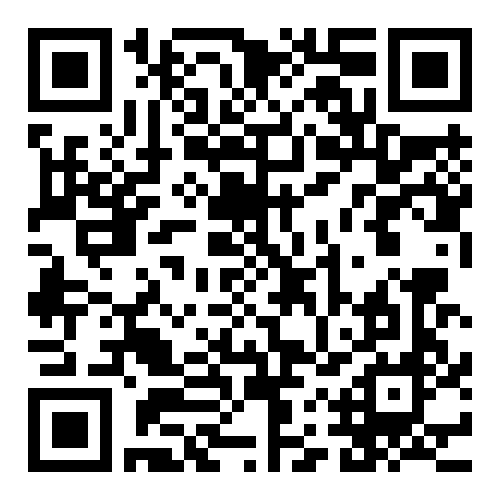What is Rheumatoid Arthritis / RA Factor - Quantitative?
Other names: RF Blood Test
A rheumatoid factor (RF) test measures the amount of rheumatoid factor (RF) in your blood. Rheumatoid factors are proteins produced by the immune system. Normally, the immune system attacks disease-causing substances like viruses and bacteria. Rheumatoid factors attack healthy joints, glands, or other normal cells by mistake.
An RF test is most often used to help diagnose rheumatoid arthritis. Rheumatoid arthritis is a type of autoimmune disorder that causes pain, swelling, and stiffness of the joints. Rheumatoid factors may also be a sign of other autoimmune disorders, such as juvenile arthritis, certain infections, and some types of cancer.
A rheumatoid factor (RF) test detects rheumatoid factor in a patient’s blood. Rheumatoid factor is an autoantibody produced by the immune system. While normal antibodies attack pathogens like bacteria and viruses, autoantibodies such as RF mistakenly attack the body’s healthy cells and tissues.
Testing for rheumatoid factor is most often used in conjunction with other laboratory and imaging tests to diagnose rheumatoid arthritis or Sjögren syndrome. An RF test may also be helpful in distinguishing rheumatoid arthritis from other autoimmune disorders.
The purpose of testing for rheumatoid factor is to determine if a patient has RF in their blood. While some healthy people have detectable RF, a positive result on an RF test can also indicate an underlying health condition and may warrant additional diagnostic testing in patients with other signs or symptoms of an autoimmune disorder. An RF test can help doctors diagnose autoimmune disorders and estimate disease severity:
- Diagnosing autoimmune disorders: Diagnostic testing may be appropriate for patients with symptoms of rheumatoid arthritis, Sjögren’s syndrome, or another autoimmune disorder. For example, a patient’s doctor may recommend a test for a rheumatoid factor if a patient is experiencing pain and inflammation in multiple joints that aren’t due to another condition.
- Estimating disease severity: Rheumatoid factor testing can also provide doctors with information about the severity of rheumatoid arthritis. Patients with higher levels of RF are more likely to have severe rheumatoid arthritis, as well as disease that affects parts of the body outside of the joints, such as the lungs and blood vessels.
Although treatment for rheumatoid arthritis may lower the amount of rheumatoid factor in the blood, repeated testing for RF is not typically used to monitor patients during treatment for rheumatoid arthritis.
What does the test measure?
Rheumatoid factor testing measures the amount of the rheumatoid factor in the blood. There are several ways to measure RF, one of which is an antibody titer test. Antibody titer tests detect how much of a specific type of antibody is present in the blood.
The development of RF and how it affects the body is not well understood. Researchers believe that rheumatoid factors may be the result of the body’s response to pathogens, like bacteria or viruses, and other triggers that confuse the immune system.
When should I get rheumatoid factor testing?
A doctor may recommend a rheumatoid factor test if a patient is experiencing symptoms of rheumatoid arthritis. Symptoms of rheumatoid arthritis include:
- Joint symptoms, including pain, swelling
- Morning stiffness for 30 minutes or longer
- Tiredness or fatigue
- Intermittent fever
- Appetite loss
- Weight loss
- Weakness
- Dry eyes and mouth
- Firm lumps beneath the skin
Rheumatoid factor testing is not used as a screening test for rheumatoid arthritis in patients without symptoms. Most patients who test positive for RF but don’t have symptoms never go on to develop rheumatoid arthritis.
Doctors may also order an RF test while testing for other health conditions. Other conditions in which RF testing may be used include:
- Sjögren’s syndrome
- Lupus
- Juvenile arthritis
- Scleroderma
- Certain infections, including mononucleosis or tuberculosis
- Certain types of cancer, including leukemia
- Hepatitis C

